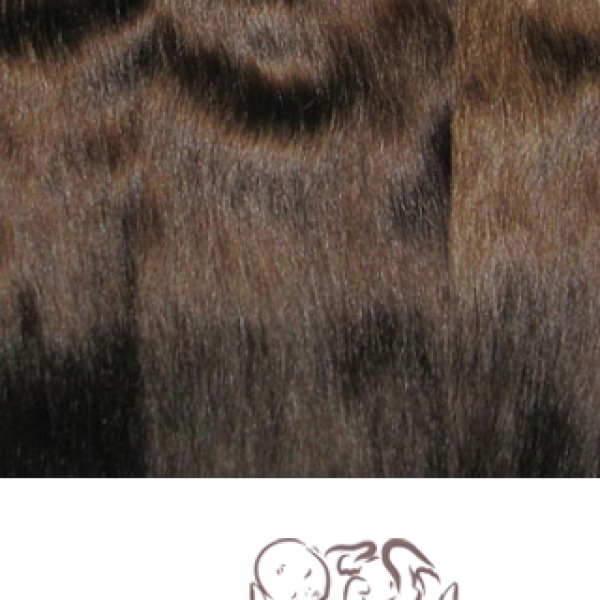

In practice, you can find fingering yarn with different numbers of plies. Nevertheless, the term 4 ply for fingering weight yarn remains in use. Nowadays, things have changed, with some companies producing thicker or thinner plies. This meant that the term "4 ply yarn" had a very clear, standard meaning.

Until the post-war era, yarn weight was standardised every ply produced for commercial use was the same thickness. To understand why this is the case, we have to take a look back in time to the mid-20th century. You'll often see fingering yarn referred to as 4 ply in fact, the two terms are used interchangeably by many knitters today.

Some yarns may have several plies, while others have only one. Look closely at a length of yarn, and you'll see that it actually consists of several smaller fibres, like threads, that are wound tightly together. This lightweight, fine yarn is ideally suited to crafting a variety of garments, ranging from socks to lacy shawls.īefore we can answer this question, it's important to understand what a ply is. Fingering weight yarn is one of the most common types of wool used for knitting and crochet projects.


 0 kommentar(er)
0 kommentar(er)
